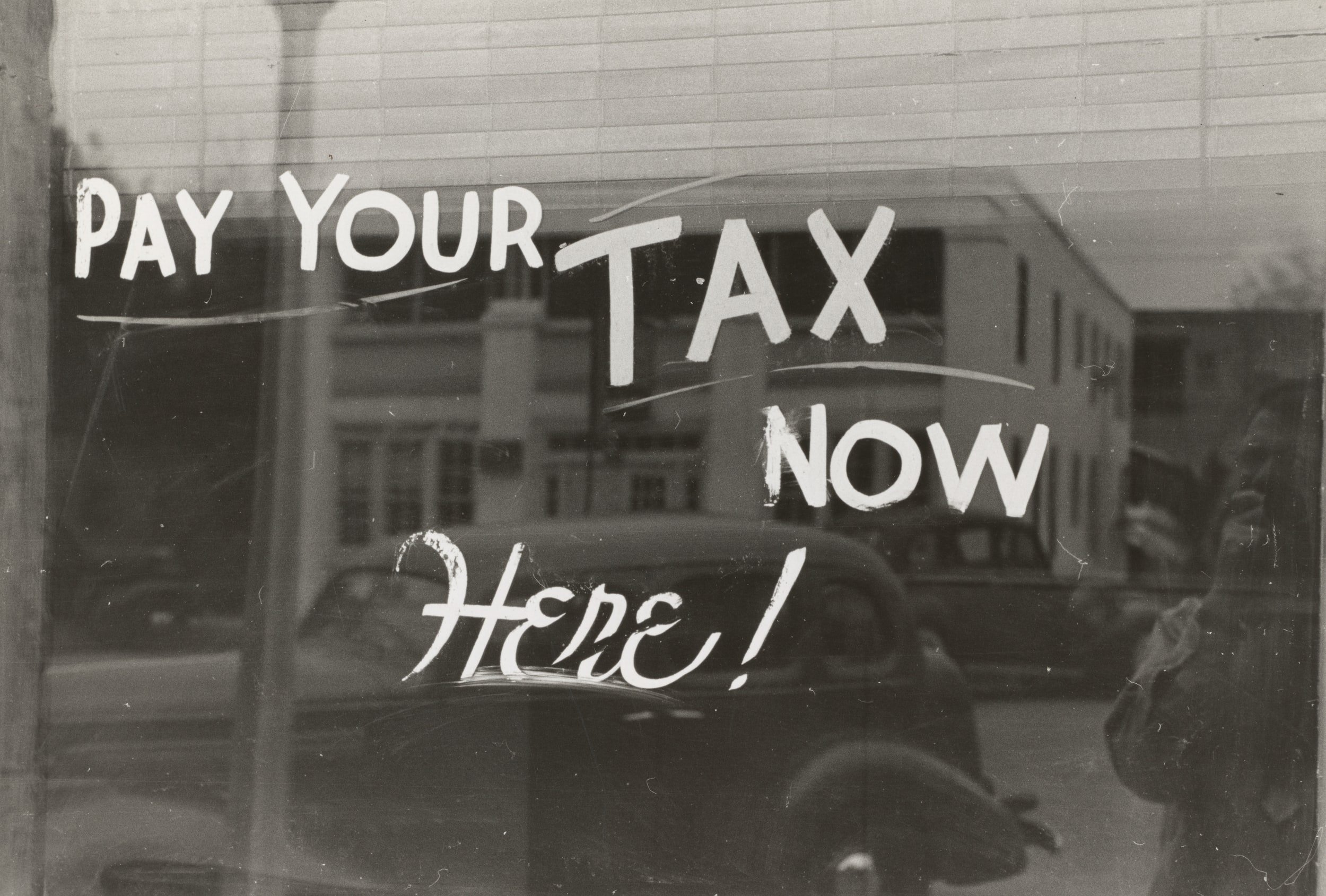The IRS Employee Plans Office announced in early June that it’s opening a new pre-audit compliance pilot program for retirement plans.
Under the pilot program, the IRS will send a letter to plan sponsors when their retirement plans are selected for an upcoming audit. Plan sponsors will have 90 days to identify any documentary or operational compliance failures – and inform the IRS of those failures. The IRS will ordinarily help out by telling the sponsor which issue it is interested in reviewing.
If the plan sponsor finds mistakes, it can self-correct using the IRS’s voluntary compliance correction program (EPCRS). If the mistakes aren’t eligible for self-correction, the plan sponsor can ask for a closing agreement where the IRS would use the EPCRS fee structure (rather than the more expensive audit agreement program fees) to determine any sanction amount due. If the IRS agrees the plan sponsor has fixed the mistakes, they’re done. That’s the new part.
If the IRS disagrees with the plan sponsor, it could still conduct either a limited or full scope audit. And if the plan sponsor doesn’t respond to the letter in the first place, the plan is certain to be audited.
Why is the IRS Introducing this?
The IRS says its goal is to reduce taxpayer burden and reduce the amount of time spent on retirement plan examinations. The pilot program can make the audit process more efficient, and perhaps less expensive, but it certainly won’t a plan sponsor avoid the hard work of audit-proofing its plan.
So, where do plan sponsors start?
If plan sponsors receive a pilot program letter, they should make sure their plan is in order before responding. Remember, the IRS will ultimately want to see proof that all mistakes have been corrected before it signs off.
Be prepared to respond quickly because 90 days is not a lot of time to find errors. And of course, include your retirement plan attorney for help navigating the compliance pilot program. An attorney can provide critical, proactive guidance. Finally, this is just a pilot program. If the IRS finds it effective, it may continue this program as part of its compliance strategy going-forward.
